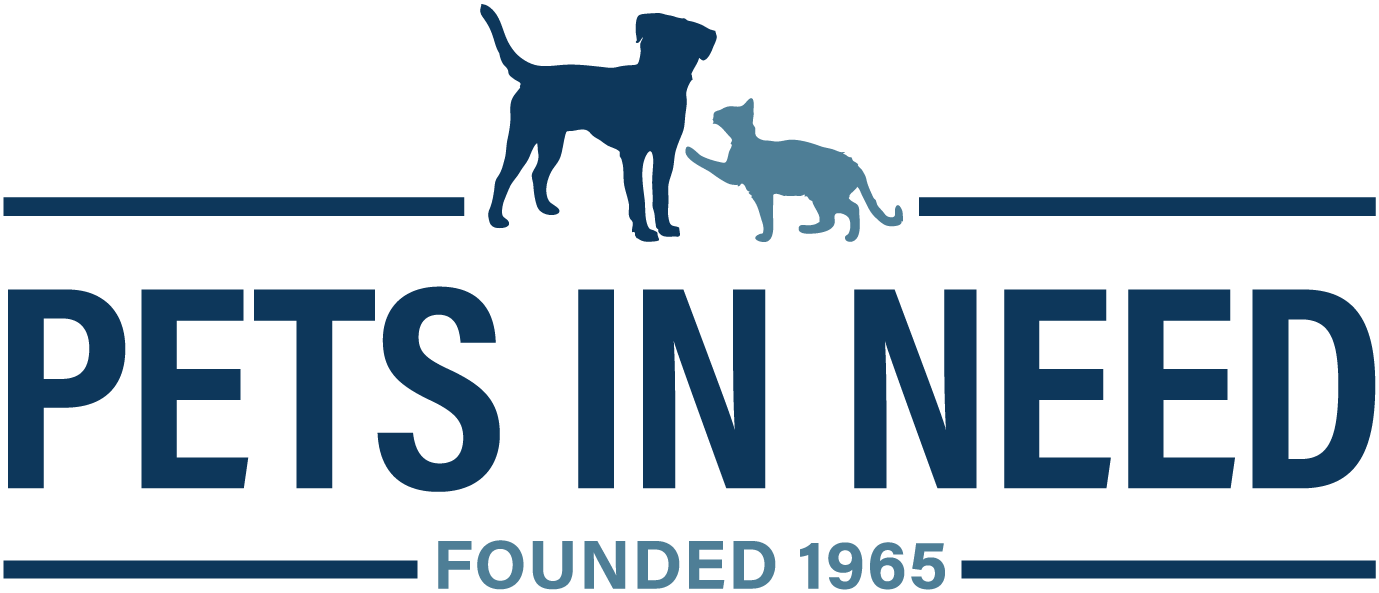WEEK 0
Our shelter manager receives rescue lists daily from public shelters that are overwhelmed with young kittens. There is a litter that has been orphaned and needs to be rescued or the kittens will be put to sleep. What happens next?
Patty, our Redwood City shelter manager, hops in our rescue van and heads to the partner shelter. Once she arrives, she evaluates the kittens and alerts our medical team if there are any signs of illness or other medical conditions they should be aware of. She safely secures the kittens in carriers and loads them into the van, ready to make the trip back to our shelter with our newest guests.
Cost of a rescue run: $250
WEEK 1-3
Once they arrive at our shelter, our medical team conducts a thorough examination of each kitten. Based on their appearance, our medical staff believes they are only a few days old. We call these kittens “bottle babies” or, more formally, “neonatal kittens.” A kitten is considered neonatal until it reaches four weeks of age. The first month is the most dangerous time in a cat’s life as they require feedings every two to three hours, temperature regulation, and are especially susceptible to illness and disease.
The kittens will not survive by themselves overnight, so they must be sent to a foster home immediately. They will typically live with the same foster until they are at least eight weeks old. We provide our foster families with the supplies they need to nurture the kittens, including formula, bottles, syringes, a crate, soft bedding.
Costs for intake process and foster home:
Food and supplies and foster and medical staff time per litter:
Kitten Formula: $75
Warmie: $30
Blankets: $18
Scale: $20
Bottle/syringes: $10
Miracle Nipples: $30
Pedialyte: $7
Travel crate: $35
Dewormer: $10
Staff time: $200
Once the kittens are safely settled into their foster home, they will begin a routine that will last roughly three weeks. At this point in the young kitten’s life, their eyes and ears will still be closed and they will be completely reliant on the foster parent for survival. The foster will feed each kitten regularly, stimulate the kitten to go potty after every meal, and make sure that the kitten remains warm by placing a warming pad in the kitten’s bedding every few hours. The kittens will mostly sleep and eat at this stage. Their eyes will open when they are roughly ten days old, and they will begin walking between week three and four.
WEEK 4
By the fourth week, the kittens should be bright and alert. Although they were wobbly on their feet a week ago, they should be walking, running, and playing normally at this stage. Their foster parent no longer has to help them go potty, and they can hear. They will be taken into our shelter for a check-up with our medical team to make sure that their growth and development is on track, and that there are still no signs of illness. The foster will now begin the process of weaning their kittens from formula to solid food. At feedings, the foster will prepare gruel, a delicious mixture of kitten milk and dry food, and will slowly decrease the amount of milk until the kitten has fully transitioned to solid food.
Cost for refill of supplies and medical check-up per litter:
FVRCP Vaccine (per kitten): $25
Flea medication (per kitten): $15
Dewormer (per kitten): $40
Wet food: $50
Dry food: $35
Litter box: $7
Non-Clumping Litter: $30
Staff time: $200
WEEK 5-8
At week five, the kittens are becoming playful and developing personalities. They bounce around their enclosure, wrestle and play with one another. Most love to be pet and will express their contentment by purring. They are still too young to be adopted, but they are now only a few weeks away from receiving their vaccines and spay or neuter surgery. Once they have reached eight weeks and weigh two pounds, they will be returned to the shelter for their medical care and will be placed up for adoption.
Cost for surgery, vaccines, microchip, and flea medication (Includes medical staff salaries and supplies): $200 per kitten
WEEK 9
By week nine the kittens have said farewell to their foster family and are back at the shelter and ready for adoption. While they await their forever home, our animal care team diligently cleans their enclosure and provides the kittens with food and other necessities. Once an adoptive family is approved, our adoptions team will work with the family to finalize the adoption and the kitten will go home to begin its new life.
Cost for animal care and adoptions staff: $60 per kitten, per day on the adoption floor
From rescue to adoption, Pets In Need expends a total of $712 per kitten that comes through our doors.
Multiply that number by 650, the number of kittens we saved last year, and you will see why your donations are so important for our organization. The kittens we rescue are living proof of the impact of your support.
Thank you for making a difference for these vulnerable babies in need.









